NOT ALL TERROR VICTIMS MAKE THE NEWS
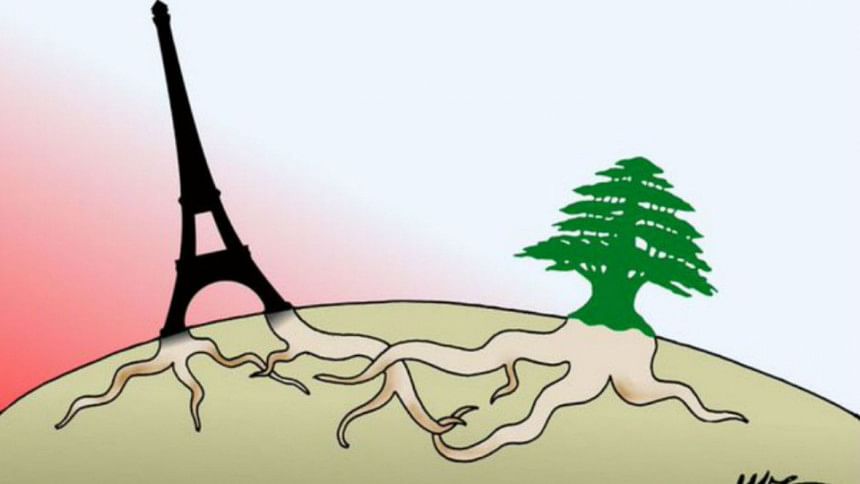
There was an outcry on Facebook the past week about why the infectious social platform was blatantly discriminating between bloodshed in Beirut on Thursday and Paris the day after, both ISIS-orchestrated. In an ostensible show of solidarity and sympathy with the Paris massacre many (Bangladeshis) draped their avatar in the French national colours, a 'try it' gimmick launched on Facebook, provoking criticism from those who did not; all on the walls of the online network that has close to 1.5 billion monthly users worldwide.
Bangladeshis are by and large easy pawns to any hujuk, such as the effortless changing of the profile picture, but the more offended sympathisants argued from behind the blue-white-red tricolours that they wanted to show the world that, although Muslims, they were against such killing of innocent civilians by an armed cadre, whose activities have nothing to do with Islam.
Their detractors questioned why then the nouveau French did not paint themselves in the insignia of Lebanon when 43 people were killed just the day before, or of India when 164 were killed in a coordinated attacks across Mumbai 26/11 in 2008, or of Kenya when 147 were massacred by militants in Garissa University only last April, or of Egypt when in July 2005 when 88 were killed at the Sharm-el Sheikh resort, or of Turkey when another 128 fell to ISIS-claimed atrocities this October, or of Palestine ever since the state was born. One simple answer could have been 'Facebook did not hook up the option to do so'. Being well aware of the addiction, I would say that users are that much under the control of the powerful social media.
Responding to a wave of criticism following the West's empathies with Paris in contrast to generally being deaf and dumb when such killings take place elsewhere, particularly in Muslim populated countries in Africa and the Middle East, Mark (that's Zuckerberg for you) came up with a better explanation (which he can apply only once) which goes to show the guy is smart. Reasoning why Facebook turned on Safety Check for Paris immediately after the attack, but not for bombings in Beirut the day before and other places, Zuckerberg defended: "Until yesterday [November 13], our policy was only to activate Safety Check for natural disasters. We just changed this and now plan to activate Safety Check for more human disasters going forward as well." Time will tell, Mark!
I am not getting into the online argument between the watermarked profile owners and the others. But admittedly I have been amused by the fact that not a single user (to my knowledge), even among those who detest the French representation and are seemingly outraged, have opted to quit Facebook in protest at its bias. Our walls are filled with memorabilia, photographs and memories to such an extent that we cannot just leave; divorcing someone perhaps is easier.
The wide coverage of the human response in the aftermath of the Paris attacks brought to us pictures of grieving relatives and friends, a sobbing acquaintance, a remorseful sympathiser, a community angry at the loss of precious lives, a nation shaken by its vulnerability to terror, a world steadfast by its side.
Saddened as we are by the mindless acts last week of a handful of terrorists in Paris, we cannot help but state with compunction that France itself, the rest of Europe, and the US do not outwardly express their dismay, if you will, grief and anger at the demise of innocent lives, and call for eye-for-eye retaliation when terrorists strike Africa, Asia and the Arab world. "International terror doesn't mean only when it hits Europe or other Western countries, it's global. Solidarity to France, but to all those other terror victims that never make the news." (In the Now, RT, November 17)
A real-life hero who did not make the news was Adel Termos. No, he was not in the Paris vicinity, where his story would have been made as tall as the Eiffel Tower, but he was in a Beirut market with his little daughter. Having witnessed the first explosion, he saw another bomber heading towards a crowded mosque, preparing to apparently detonate an explosive device. Fearless Adel tackled the terrorist to the ground, but the suicide bomber blew himself up. Dr. Elie Fares of Beirut said, "There are many, many families, hundreds of families probably, who owe their completeness to his sacrifice." Termos was killed in the explosion. His daughter will grow up to tell the world: my father's split-second heroism saved countless lives in the Beirut terror attack that November.
Terrorism is no different in black Africa, brown Asia or white America. If terror tragedies anywhere are given poignant and impassioned coverage, as for instance given to the deplorable extremists' attacks on Parisians, the world would gradually become a better place due to sharing of issues and understanding of pain.
The flowers, they bloom too in Beirut. The candles there, they too are made of wick stuck in wax. Let the fragrance of peace anywhere unite us all. Let the candlelight in one corner disseminate hope in another.
The writer is a practising Architect at Basha Bari Ltd., a Commonwealth Scholar and Fellow in the UK, a Baden-Powell Fellow Scout leader and a Major Donor Rotarian.
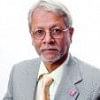
 For all latest news, follow The Daily Star's Google News channel.
For all latest news, follow The Daily Star's Google News channel. 


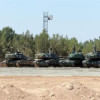
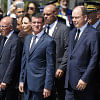
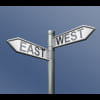



Comments